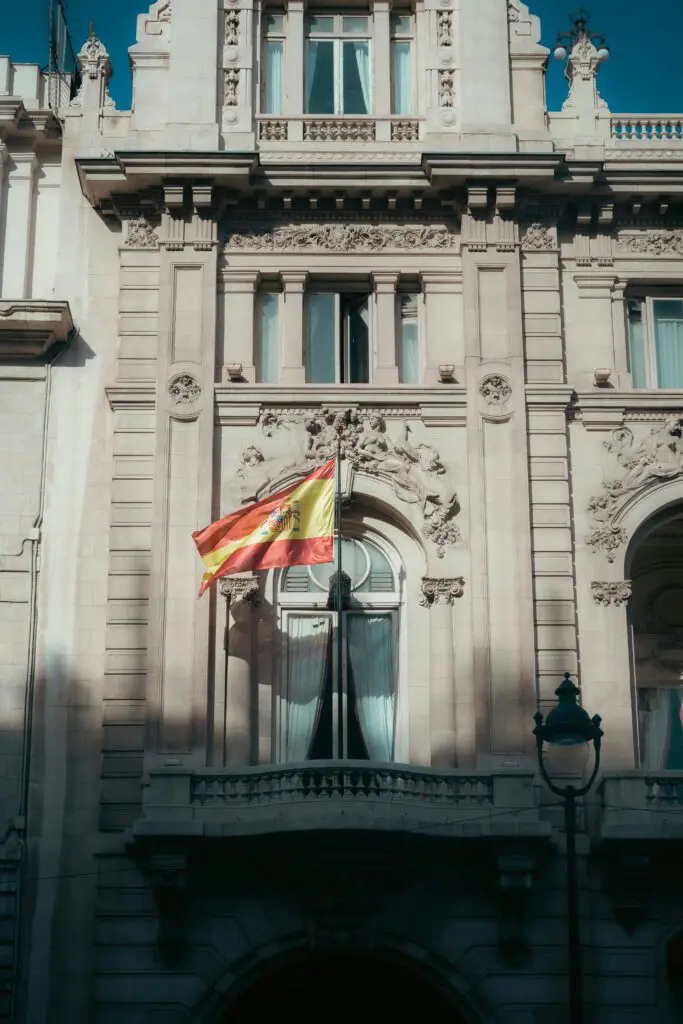Universal Jurisdiction and its new application frames have been discussed at the United Nations at a conference sponsored by Fundación Internacional Baltasar Garzón
The UN headquarters in New York hosted a conference on universal jurisdiction, which was focused on the role of the universal jurisdiction principle in the fight against impunity for crimes against humanity.
This event, entitled “Universal Jurisdiction: from Nuremberg to the present day. A discussion on its application to specific cases”, was organized by the Auschwitz Institute for Peace and Reconciliation (AIPR), the International Foundation Baltasar Garzon (FIBGAR) and the Permanent Mission of Costa Rica at the United Nations, and was moderated by Gina Guillen Grillo, president of the Sixth Committee of the United Nations Working Group on Universal Jurisdiction and legal advisor to the Permanent Representative of Costa Rica at the UN.
The conference was attended by Baltasar Garzon, former judge at the Spanish High Court; Demba Kandji, judge at the Supreme Court of Senegal, responsible for the prosecution of former Chadian dictator Hissene Habre and, by videoconference, the former prosecutor of the Nuremberg trials against the Nazis, Benjamin Ferencz.
These Principles list crimes such as the illegal exploitation of natural resources or pollution of transnational rivers; an inclusion that Garzon defined as “a turning point” in the practical application of the principle of universal jurisdiction in international law.
The Principles of Madrid-Buenos Aires are the result of the work of six international working groups gathered in countries such as Spain, the Netherlands, South Africa and Argentina for two years and are intended as a further step in the international configuration of legal operational principles in the field of universal jurisdiction.
Thus, this principle allows prosecution of crimes against Humanity such as terrorism, torture or enforced disappearances, regardless of who committed them and where the perpetrator is. As a consequence, impunity for human rights violations is avoided, giving victims the opportunity to get justice anywhere in the world.
In this regard, Judge Garzon warned that the use of rules that defend the sovereignty of States as “argument leading to impunity” for crimes against humanity cannot be allowed, and defended the principle of universal jurisdiction as “a suitable instrument to foster cooperation between the different legal systems of the States.”
The coordinator against jihadist terrorism at the Spanish High Court, prosecutor Dolores Delgado, an active member of the Progressive Union of Prosecutors, had also taken part in this conference. She stressed the importance of universal jurisdiction in the fight against international terrorism (listen to her speech here).
Delimitation of the concept of universal jurisdiction and its implementation means in international law were outlined in 2001 with the Princeton and Cairo-Arusha Principles, although the Nuremberg Trials after World War II, the Eichmann case or Pinochet’s trial, among others, are considered direct precedents.
While recent cases such as that of Hissene Habre, former dictator of Chad between 1982 and 1990, in which he was sentenced to life imprisonment in Senegal last May 30 precisely by Judge Demba Kandji, present at the conference, or the Scilingo Case (a military sentenced for “death flights” during Argentina’s dictatorship), support the conclusion that the application of universal jurisdiction is in good health, there is still much work to be done.
The application of this principle in those particular cases allowed, according to Judge Baltasar Garzon, to perceive “how the limits of universal jurisdiction should be defined”.
Full recognition of universal jurisdiction and its efficient implementation and guarantees will not be achieved if before the States do not cooperate legally with each other and enrich the corpus of international law, despite the pressures or external interferences they may receive.
In guaranteeing the full exercise of this principle is where magistrate Baltasar Garzon finds the guarantee of justice itself, its “true equal application among citizens” and where “the principle that all citizens are equal before the law is more clearly defined”.
At Del Canto Chambers we are committed to the development and, above all, the defence of Human Rights and strive to develop these values to the best of our humble possibilities in the countries where we do business. If want to meet us, please do not hesitate to contact us at clerk@delcantochambers.com
Del Canto Chambers’ Editorial Board








